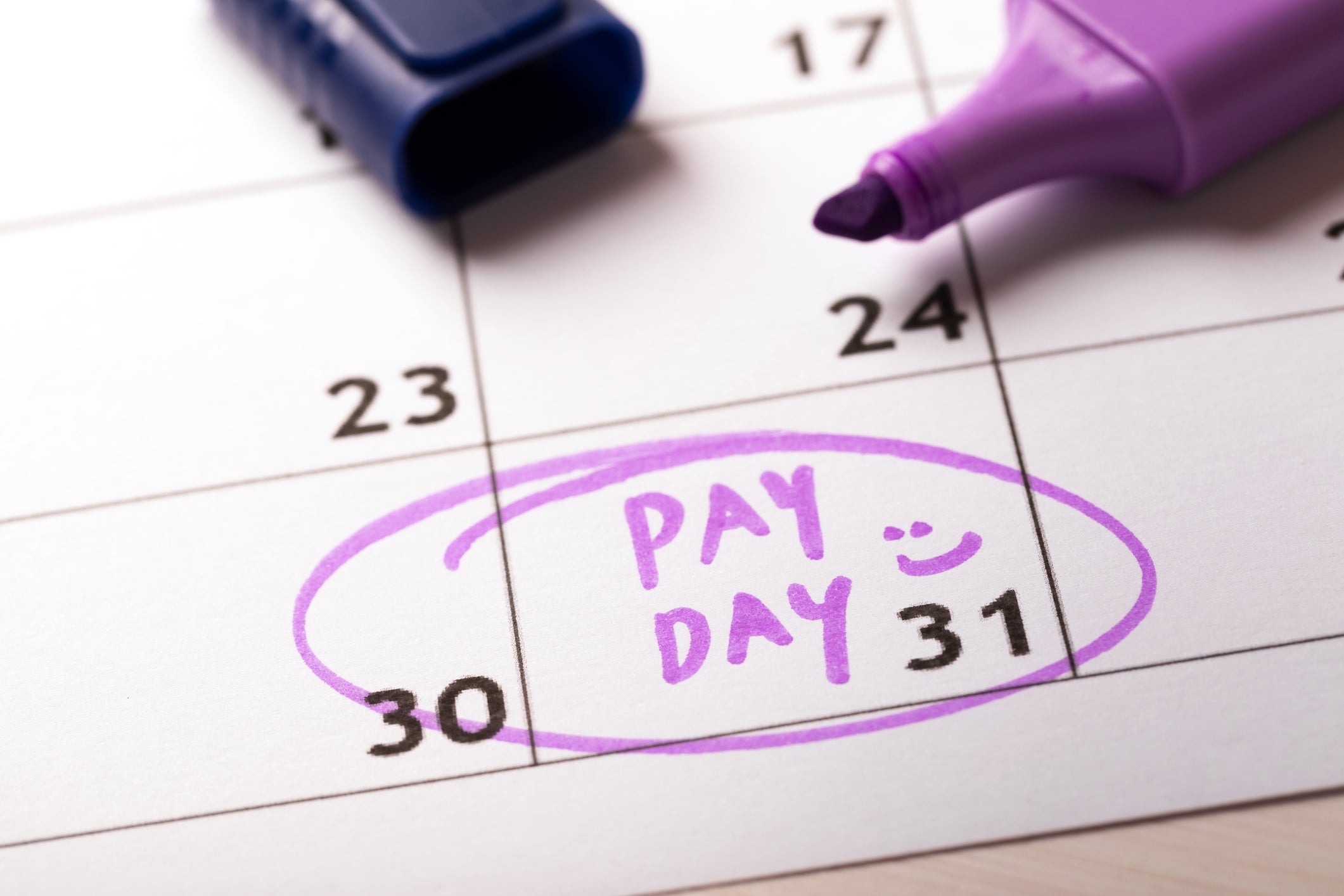A universal basic income worked in Wales and Finland – why not England?
With depressed wages, a cost of living crisis, and the number of women in the workforce the lowest it’s been in 30 years – now is the time


Your support helps us to tell the story
From reproductive rights to climate change to Big Tech, The Independent is on the ground when the story is developing. Whether it's investigating the financials of Elon Musk's pro-Trump PAC or producing our latest documentary, 'The A Word', which shines a light on the American women fighting for reproductive rights, we know how important it is to parse out the facts from the messaging.
At such a critical moment in US history, we need reporters on the ground. Your donation allows us to keep sending journalists to speak to both sides of the story.
The Independent is trusted by Americans across the entire political spectrum. And unlike many other quality news outlets, we choose not to lock Americans out of our reporting and analysis with paywalls. We believe quality journalism should be available to everyone, paid for by those who can afford it.
Your support makes all the difference.A universal basic income, regardless of salary, savings and no strings attached. No repayments. It is being discussed by the government in Wales, after they just rolled out a £1,600 a month basic income for young people leaving the care system.
The idea of it being available to everyone has been around for a while, but this new scheme has floated the idea of a basic income for everyone again. The exact figure on offer has not been decided.
But what a great idea for the whole of the UK? With depressed wages, a cost of living crisis, and the number of women in the workforce the lowest it’s been in 30 years – now would be the time.
The Conservatives aren’t keen. They argue that people will be less likely to find work. But it’s just not true. Having free money has never dampened anyones chances of making more of it, or being professionally successful. If that were true, we would worry more about the future of children of hedge funders, not council estate kids.
Having a reliable source of income doesn’t hinder anybody. Most of the rich list are the products of generational wealth. But no one is saying: “We better stop inheritances – it wouldn’t be helpful for someone to have all this free money. It wouldn’t be fair to them! What if it stopped them getting a job?”
Finland ran a two-year pilot, where they gave unemployed people an unconditional €560 (£490) a month. The study showed that it didn’t make people lazier or less likely to work, and that health and wellbeing improved because people didn’t have to worry about their finances.
The benefits would be huge. It would relieve stress, have a positive effect on wellbeing, and essentially, relieve the financial pressures so many of us are facing. Having money and resources, and not worrying about whether to “heat or eat” would help people in terms of health, wellbeing and productivity. We don’t need people to be actually, physically hungry to make them hungry for the job. We really need to shake this Victorian idea that the only reason people work is if they need the money to survive.
I don’t think people have ever wanted jobs. But people do want to work. People want to be part of something, to belong to a community, and to work for it, to have purpose. It’s not just about money.
To keep up to speed with all the latest opinions and comment, sign up to our free weekly Voices Dispatches newsletter by clicking here
Social life today shouldn’t look like it did in Victorian England. People working full time shouldn’t need to be using foodbanks, and grants to afford school uniforms for their children. Mothers shouldn’t be asking cashiers to stop scanning groceries because they’ve reached £50 too soon, and can’t afford their regular shop because the price of food has gone up.
To sustain our current economic model, we need to start paying citizens. The biggest barrier is convincing working people that they deserve a basic income, and that no one should have to struggle.
And, let’s not forget, it costs money to make money and women are finding themselves priced out of the job market thanks to the unsustainable cost of childcare. Women can’t afford to work. It’s more expensive to be poor and the Future Generations commissioner’s report showed that a weekly payment to everyone could cut poverty in half.
Join our commenting forum
Join thought-provoking conversations, follow other Independent readers and see their replies
Comments